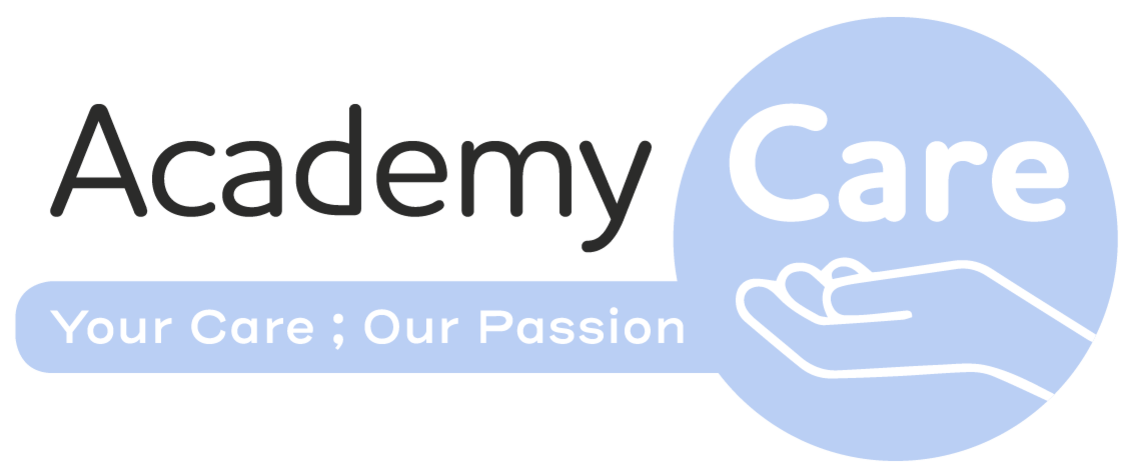How Music Can Help Dementia Patients and Why It Matters
Posted on 21st June 2023 at 09:58
Dementia is a debilitating disease that affects millions of individuals and their families across the world, learn more about dementia and the different types here. As the disease progresses, patients often lose their ability to communicate, remember, and engage with their surroundings. Unfortunately, there is no cure for dementia, but there are ways to help individuals with the disease live the best quality of life possible. One increasingly popular way to help patients is through music therapy.
Music therapy has been shown to help dementia patients in several ways. For example, it can improve their mood, increase their cognitive abilities, and reduce their anxiety levels. Additionally, it can help them reconnect with memories and experiences that they might otherwise lose as the disease progresses. All of these potential benefits make music therapy a great option for individuals with dementia and their caregivers.
So, how does music therapy work? The exact mechanisms are not fully understood, but it is believed that listening to music engages several areas of the brain. This engagement can stimulate memories and emotions, even in patients who have difficulty remembering day-to-day tasks. Additionally, music can be used to stimulate speech and communication skills, making it easier for patients to express themselves and engage with others. These benefits can be life-changing for individuals with dementia, who often feel isolated and disconnected from the world around them.
If you are a caregiver for someone with dementia, consider incorporating music into their care routine. This can be as simple as playing their favourite songs during mealtimes or encouraging them to sing along with you. Additionally, you might consider hiring a professional music therapist to work with your loved ones. These professionals can help create personalized music programs based on your loved one's preferences and needs.
Many websites and apps can be used to listen to music on a computer, smartphone or tablet, such as Spotify, iTunes and YouTube. You can also use these to make playlists of favourite tracks.
Playlist for Life provides advice and resources to help create playlists. Children and younger family members may enjoy helping too.
Music therapy is a powerful tool that can help individuals with dementia live happier and more fulfilling lives. Whether you are a caregiver or someone living with dementia, incorporating music into your daily routine can have profound benefits. Don't hesitate to reach out to professionals for guidance, and always remember that music is a universal language that can help us connect and communicate with each other in surprising and beautiful ways.
How can we help?
Academy Care, are a domiciliary care company, providing support to individuals whom for reasons of ill health or disability, could benefit from long or short-term domiciliary care services in the comfort and familiar surroundings of their own home. Our highly trained, passionate carers, support people daily in their own homes, to optimise both their independence and wellbeing.
We create tailored care plans to meet the needs of all our clients, working with the client, their family and any medical or social services to ensure that the client gets the very best care for them. We also continuously monitor these care plans to ensure that they are up to date with the needs of the client, as needs can change very quickly.
We will work with you, the client’s family to deliver the care, helping to ensure that everyone involved is happy with the care being provided and that the client’s needs are being met through our service.
If you would like to discuss how we can help you, give us a call on 01924 925 244, alternatively look at our services here.
Share this post:


